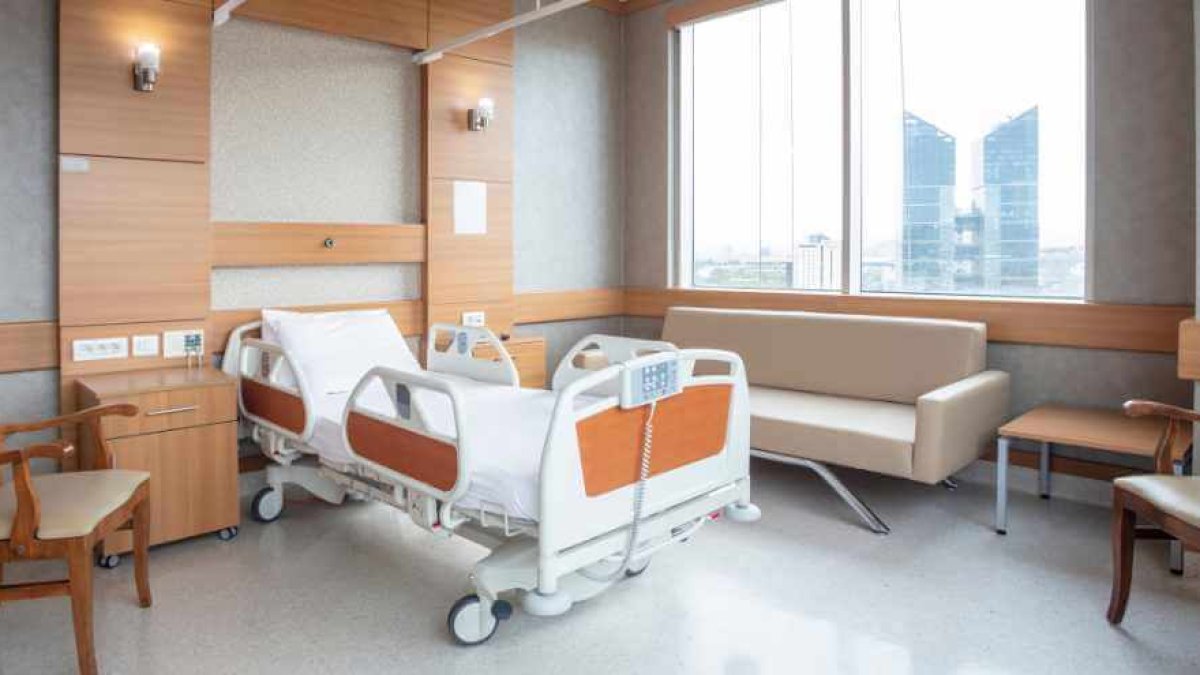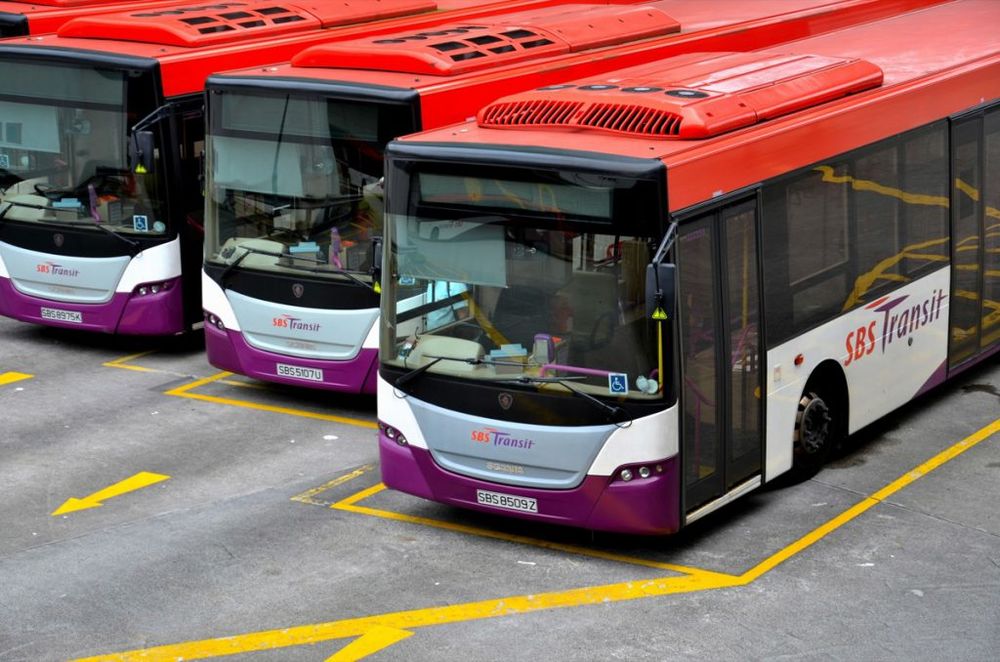Moving to Singapore offers many new and exciting opportunities: incredible scenery, clean streets, safe neighborhoods, excellent healthcare and a huge expat community.
This multicultural environment makes it city has a lot to offer expats.
But before you start packing your bags, be sure to check out our list of things you need to know about Singapore: just be to find out more or get in shape before moving.
1. Singlish is very common.
English-speaking expats should have no problem getting around Singapore. As the country's primary language, the Singapore government insists that everyone in the country speaks English.
It is the most widely used language in school, the workplace, and Work. daily basis. the government even evolved a new language: “Singlish”. It all began with the British colonization of Singapore, which began in 1819. Over time, more than 150 years of influence from Mandarin, Hokkien, Malay and Tamil transformed English into the new language Singlish.
2. Be prepared for humidity

Since the island is located just above the equator, Singapore's climate is as tropical as you can imagine. Here you can expect temperatures of 30°C all year round; That's right, tan 12 months of the year.
Fortunately, most homes have air conditioning. -con, which offers a welcome break from the summer heat.
3. You need a job before moving
Singapore has very strict employment and visa laws regulating who can and cannot work in the country.
Basically, this means that most people need a job – or an “offer in principle” – before moving to Singapore. Once confirmed, you will be able to obtain a work card from the Ministry of Labor.
4. Healthcare is first class

You can enjoy excellent healthcare in Singapore thanks to the government and publicly funded universal healthcare system.
There are three parts of the country's healthcare system, known as the three M's: MediSave, MediShield Life and MediFund. MediFund is available only to citizens, while MediSave and MediShield Life are open to permanent residents or the spouse, child or parent of a permanent resident.
Ao Unlike of the National Health Service, this system comes at a price. Singapore authorities subsidize medical services and require the public to deposit a monthly amount into a health savings account, which they can then use to purchase such services at a discount.
5. Everything is spotless
As soon as you step off the plane, the first thing you'll notice about Singapore is how clean everything is.
Cleanliness This city dates back to the 1980s, when Singapore's founder, Lee Kuan Yew, banned things like chewing gum and fined people for not flushing toilets.
Even today, those who leave waste are subject to heavy fines and penalties. Offenders who throw away small items such as cigarette butts or candy wrappers for the first time will be fined SGD $300 (£162).
6. Get used to using public transport

Like everything in Singapore, public transport is in impeccable condition: it is also cheap and efficient. Even a 20-minute delay can make national news.
Due to its small size, the city-state has invested heavily in its public transportation infrastructure and is currently in the center of the United States in the expansion of the MRT (Singapore's version of the London Underground).
Also, buying a car in Singapore can be a little more complicated Maybe I've done this before. First of all, it's not as cheap as in other countries, and if you can afford it, you'll also have to pay the government for a Certificate of Eligibility (COE), which costs almost as much as the car itself!
7. Singapore is not cheap
One thing you'll notice when you visit Singapore is how much more expensive everything is compared to other parts of Asia and even the rest of the world.
For comparison purposes, the average cost of living in Singapore is 13% higher than in the UK.
As a result, Singapore's millionaire density (proportion of millionaires to the total population) is the second highest in Asia, at 5.5%.
8. But it can be convenient if you know where to look.
Yes, Singapore can be a great place, but it doesn't have to be. If you can forgo the fancy restaurants or hotels with infinity pools, you'll find that Singapore can be quite affordable.
When it comes to travel, stick to public places . Services. transport instead of spending money on a car. Buses, taxis and MRT are not only very convenient but also very efficient.
Furthermore, you can also shop in local supermarkets: even if they are cheap, the quality of the food in most of these kiosks is excellent.
9. Look for a short-term rental agreement before moving in
As is often the case in Singapore, property prices are particularly high: the average home costs SGD 1,183,375 (£639,676). This can make the first few months a little more stressful for expats and make it even more difficult for them to find the right accommodation for them.
Many expats avoid this. problem, finding temporary accommodation in Singapore for the first few weeks or months. This allows people to explore different areas and discover which is best suited to them, giving them a better chance of avoiding exorbitant prices.
10. Watch out for fines
Singapore is known for high fines and penalties, so make sure you behave. Before setting foot on Singapore soil, it's worth familiarizing yourself with some basic laws.
Although there are some rules that make sense (for example, it's illegal) . Eating or drinking during the MRI, littering, walking or spitting; some are a little more severe.
Do you want to feed the pigeons? Not unless you want a fine. Are you thinking of importing chewing gum? Absolutely no chance.

